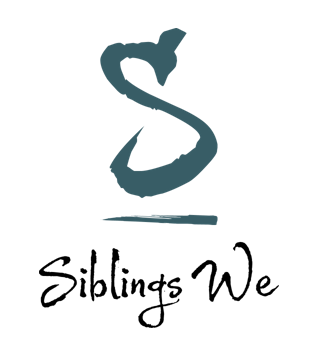
Myra here.
Every Saturday we hope to share with you our thoughts on reading and books. We thought that it would be good practice to reflect on our reading lives and our thoughts about reading in general. While on occasion, we would feature a few books in keeping with this, there would be a few posts where we will just write about our thoughts on read-alouds, libraries, reading journals, upcoming literary conferences, books that we are excited about, and just book love miscellany in general.


Heart Berries: A Memoir (Amazon | Book Depository)
Written by Terese Marie Mailhot Publisher: Counterpoint Press (2018) ISBN: 1619023342 (ISBN13: 9781619023345). Literary Awards: Goodreads Choice Award Nominee for Memoir & Autobiography (2018), RBC Taylor Prize Nominee for Longlist (2019), Hilary Weston Writers’ Trust Prize for Nonfiction Nominee (2018), Reading Women Award Nominee for Nonfiction (2018), Clara Johnson Award for Women’s Literature (2018) Bought a copy of the book. Book photos taken by me and edited using iPhone apps.
My story was maltreated. The words were too wrong and ugly to speak. I tried to tell someone my story, but he thought it was a hustle. He marked it as solicitation. The man took me shopping with his pity. I was silenced by charity – like so many Indians. I kept my hand out. My story became the hustle.
If there was a mentor text on opening lines of a book – or first paragraphs – this would be it. I struggled forming a coherent reflective piece on my thoughts about this memoir, because it felt too raw – and I felt like I would not be doing Mailhot’s pain justice; that I will be unable to adequately convey the sense of affinity I felt while reading her words: stinging and filled with rebuke; sharp and grating yet pierces its own skin most of all rather than the reader; aching and angry yet perfectly comfortable in being immersed in its own self-made shell of pain and guilt – all the while making sense of it in a way that only those whose voices have been rendered silent, and whose lives have been made largely invisible or insignificant can truly understand.

As a clinical psychologist, one of the fundamental and most important training I received back in the Philippines was to honor people’s beliefs and frames of reference: made more potent through Sikolohiyang Pilipino or Filipino psychology. The capacity to withhold judgment and commune with another person in shared empathy and kinship had always been at the core of my clinical practice – which is why it can be exhausting and spirit-draining, and why I opted to do teaching and research instead. Reading Mailhot’s ideations about self-esteem and trauma and abuse made me feel seen. It also validated the tenets I follow and practice as a clinician – even as I acknowledge that my training still predominantly followed the Western model.

While I also balked at how the entire narrative seemed to revolve around shaping her voice and experience as spoken to a White guy, her partner, I recognize the necessity of Mailhot wresting her power back in this manner: see an extract of her letter to the culprit of her pain below:

It was like watching a train wreck about to happen and feeling helpless as a reader-spectator while inevitabilities roll out as predicted.

More than anything, this memoir is a testament to a woman’s ability to piece herself back together through words and air, and the sheer audacity of carrying on as one falls apart at the same time.

This is an unforgettable memoir. Read it.

#SurvivalStories2021 Update: 40 out of target 100
May 2, 2021 at 11:04AM Myra Garces-Bacsal


